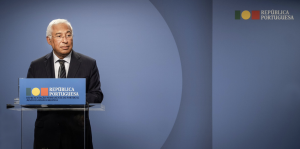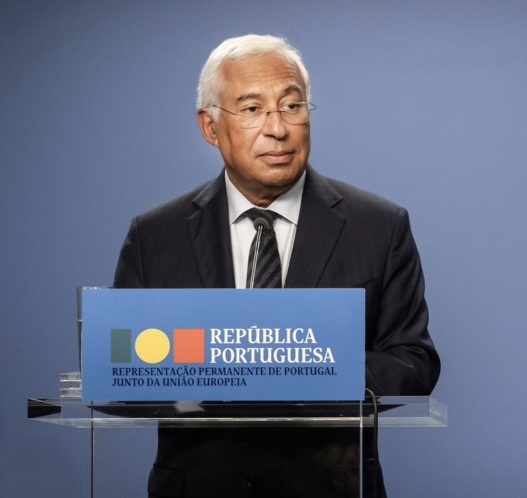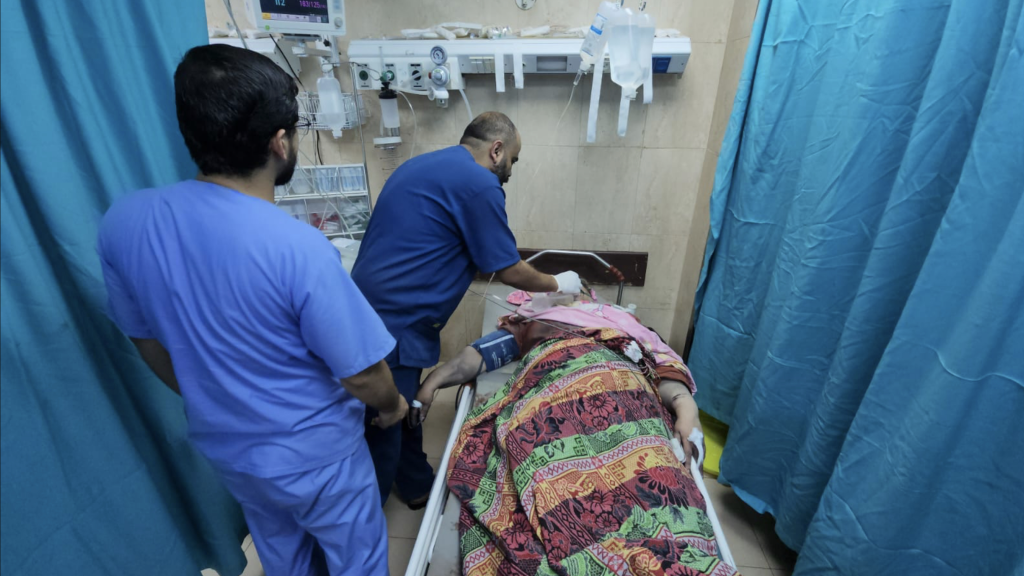
PORTUGAL IS ON THE VERGE OF EARLY ELECTIONS AFTER PRIME MINISTER ANTONIO COSTA'S RESIGNATION
A meeting between Portugal’s parliamentary leaders and the country’s president, Marcelo Rebelo de Sousa, is scheduled for Wednesday, November 8, 2023. It is likely to result in a decision to call for early legislative elections in this semi-presidential country, following the resignation of Prime Minister Antonio Costa.
Costa resigned due to the Portuguese Public Prosecutor’s Office investigating him for influence peddling, corruption and prevarication in energy projects. The former prime minister said after resigning on Tuesday, November 7, that his conscience was clear, but that “the dignity of the office is incompatible with the opening of a judicial investigation”. So he was resigning to “preserve the dignity of democratic institutions”.
That was what he explained to the press after the meeting he had yesterday with Rebelo de Sousa to discuss the issue. In this meeting, Costa presented his resignation, which was accepted by the President.
SEMI-PRESIDENTIAL REGIME
In Portugal there are four organs of sovereignty. On the one hand, there is the President of the Republic, who is elected in direct votes for a five-year term. He is the head of State, controls the Government, directs the Armed Forces and represents Portugal abroad.
There is also the Assembly, which is elected by popular vote, with proportional representation systems and for a four-year term.
The President of the Republic always calls the leader of the party with the highest number of votes in the legislative elections to be the Prime Minister, i.e. the head of the Executive. The President appoints him to form the Government, which involves, among other things, appointing the ministers who will form his cabinet.
Costa, of the Socialist Party, was serving a second term as Prime Minister, from January 2022.
WHAT’S COMING
A meeting of the Council of State is scheduled for tomorrow, Thursday. And after it there will be a final pronouncement by the President. It is expected that -according to the constitutional powers he has- he will dissolve the Assembly and call for elections.
The other option is that he will maintain the Legislature and appoint another Prime Minister, belonging to the Socialist Party, and he will form a new Government. But, given the scandalous case that has motivated Costa’s resignation and in which more Socialist government officials are involved, this option is less likely.
THE ACCUSATION
Portugal’s Public Prosecutor’s Office is investigating irregularities committed both in the concession of the exploitation of lithium deposits and in the concession of green hydrogen projects.
For these cases, the authorities arrested no less than Vítor Escária, the Prime Minister’s chief of staff, and the businessman Diogo Lacerda Machado, who is also a close friend of Costa.
The Public Security Police carried out some 42 legal searches or raids. These included the prime minister’s official residence at the São Bento Palace, the ministries of Infrastructure and Environment and Climate Action, the Sines Municipal Chamber, 17 homes and five law firms.
The Public Prosecutor’s Office has also considered as official suspects the Minister of Infrastructures, João Galamba, and the president of the board of directors of the Portuguese Environment Agency.
Among those arrested are the mayor of Sines, Nuno Mascarenhas, and two businessmen of the company Start Campus.
In the case of Costa, it is suspected that he used his authority to unblock procedures in the aforementioned concessions.
This text is free to use. If you plan to use it, please cite EditoRed.



